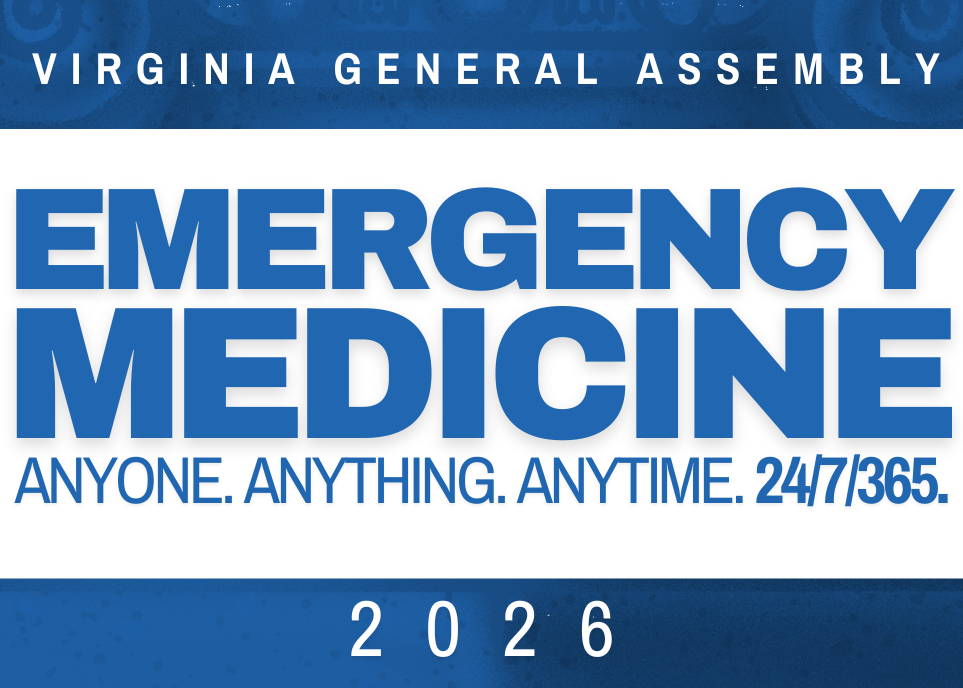Since 1970, advocates for the Emergency Medicine specialty.
THE VOICE OF EMERGENCY MEDICINE IN VIRGINIA.
We represent the Emergency Physicians and their teams who stand ready to care for any person, for any condition, 24/7/365.
Registration is open for our 2026 Annual Conference.
GOLD SPONSOR
LATEST NEWS IN VIRGINIA EMERGENCY MEDICINE
ATTEST TO ADVANCED PRACTICE COMPETENCIES
Virginia Nurse Practitioners can practice independently after three years of training and collaboration with a physician in the specialty in which they seek to treat patients. We encourage all emergency physicians to review our list of competencies and attest to any NP’s skills before signing off on autonomous practice in the ED. Get our letter and find our list of required competencies.
Ask VACEP is our confidential service for Virginia’s emergency physicians that taps into the collective minds of Virginia’s emergency medicine community for answers to clinical questions. Ask VACEP a question now.
Get our news to your inbox.
We don’t email often, but when we do, it’s meaningful information meant for emergency physicians and providers to take action.









